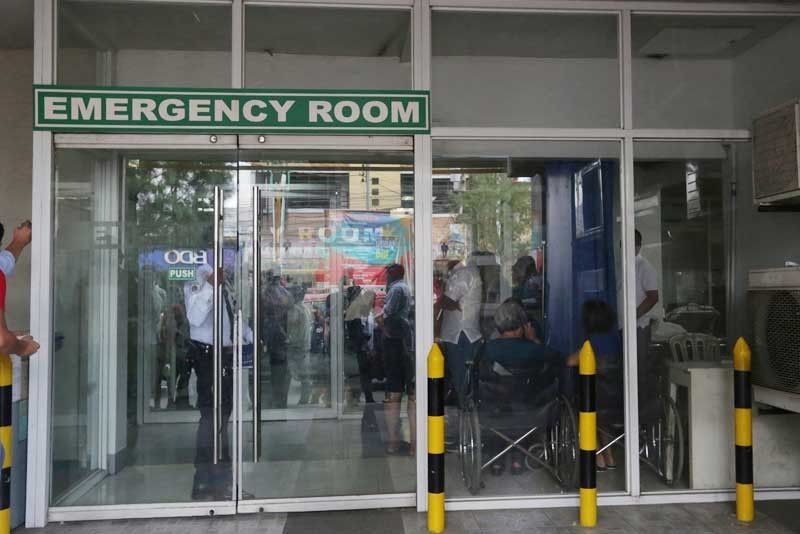Supreme Court ruling on Anti-Hospital Deposit Law lauded

MANILA, Philippines — The Supreme Court (SC) ruling dismissing a petition questioning the legality of the Anti-Hospital Deposit Law should pave the way for better delivery of health services to poor patients, Sen. Risa Hontiveros said yesterday.
Hontiveros, principal sponsor of the measure, issued the statement after the high court junked the petition of the Private Hospitals Association of the Philippines to dispute the constitutionality of Republic Act 10932 or The Strengthened Anti-Hospital Deposit Law last year.
“I welcome the Supreme Court’s decision dismissing a petition that challenges the validity of the said measure. It is a good milestone to cap off a productive year for the health sector,” the statement read.
It added that the court’s ruling clearly demonstrated that the law is faithful to the Constitution and validated the democratic processes that were conducted to craft it.
The law increased the penalties against hospitals and medical clinics that refuse to administer appropriate initial treatment and support in emergency or serious cases if an initial amount or deposit is not given.
The senator hopes that the ruling settles with finality “all the legal challenges that might be raised by a few to undermine the spirit of the law.”
She asked all stakeholders and relevant sectors to respect and commit to the full implementation of the law.
“Let us end the despicable practice of demanding any deposit or other forms of advance payment as a pre-requisite for admission or medical treatment of an emergency patient, particularly a poor person or pregnant woman,” Hontiveros said. “Let us welcome the new year with a stronger commitment to provide adequate health care to our citizens, especially those who need it the most.”
In a 21-page decision, the SC dismissed the petition due to technicality, particularly the group’s lack of legal standing to file the suit.
The SC did not rule on the constitutionality of the law, only saying that it “enjoys the presumption of constitutionality which the Court, at the first instance, cannot disturb in the absence of a prima facie showing of grave abuse of discretion and, upon delving into the merits, in the absence of a clearest showing that there was indeed an infraction of the Constitution.”
- Latest
- Trending





























